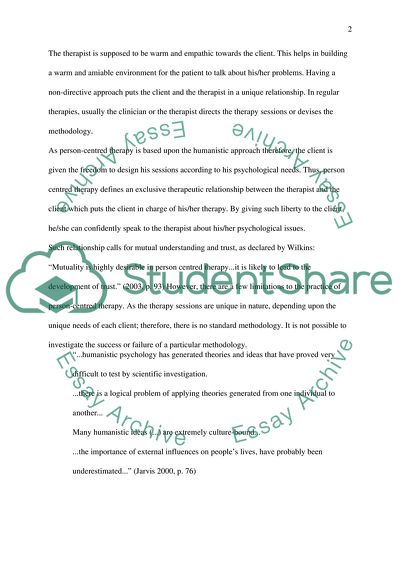Cite this document
(Person-centered, Existential and Rational-Emotive-Behavioural Therapie Coursework, n.d.)
Person-centered, Existential and Rational-Emotive-Behavioural Therapie Coursework. https://studentshare.org/psychology/1755373-compare-and-contrast-these-three-person-centred-existential-cognitive-behavioural-therapy
Person-centered, Existential and Rational-Emotive-Behavioural Therapie Coursework. https://studentshare.org/psychology/1755373-compare-and-contrast-these-three-person-centred-existential-cognitive-behavioural-therapy
(Person-Centered, Existential and Rational-Emotive-Behavioural Therapie Coursework)
Person-Centered, Existential and Rational-Emotive-Behavioural Therapie Coursework. https://studentshare.org/psychology/1755373-compare-and-contrast-these-three-person-centred-existential-cognitive-behavioural-therapy.
Person-Centered, Existential and Rational-Emotive-Behavioural Therapie Coursework. https://studentshare.org/psychology/1755373-compare-and-contrast-these-three-person-centred-existential-cognitive-behavioural-therapy.
“Person-Centered, Existential and Rational-Emotive-Behavioural Therapie Coursework”. https://studentshare.org/psychology/1755373-compare-and-contrast-these-three-person-centred-existential-cognitive-behavioural-therapy.


